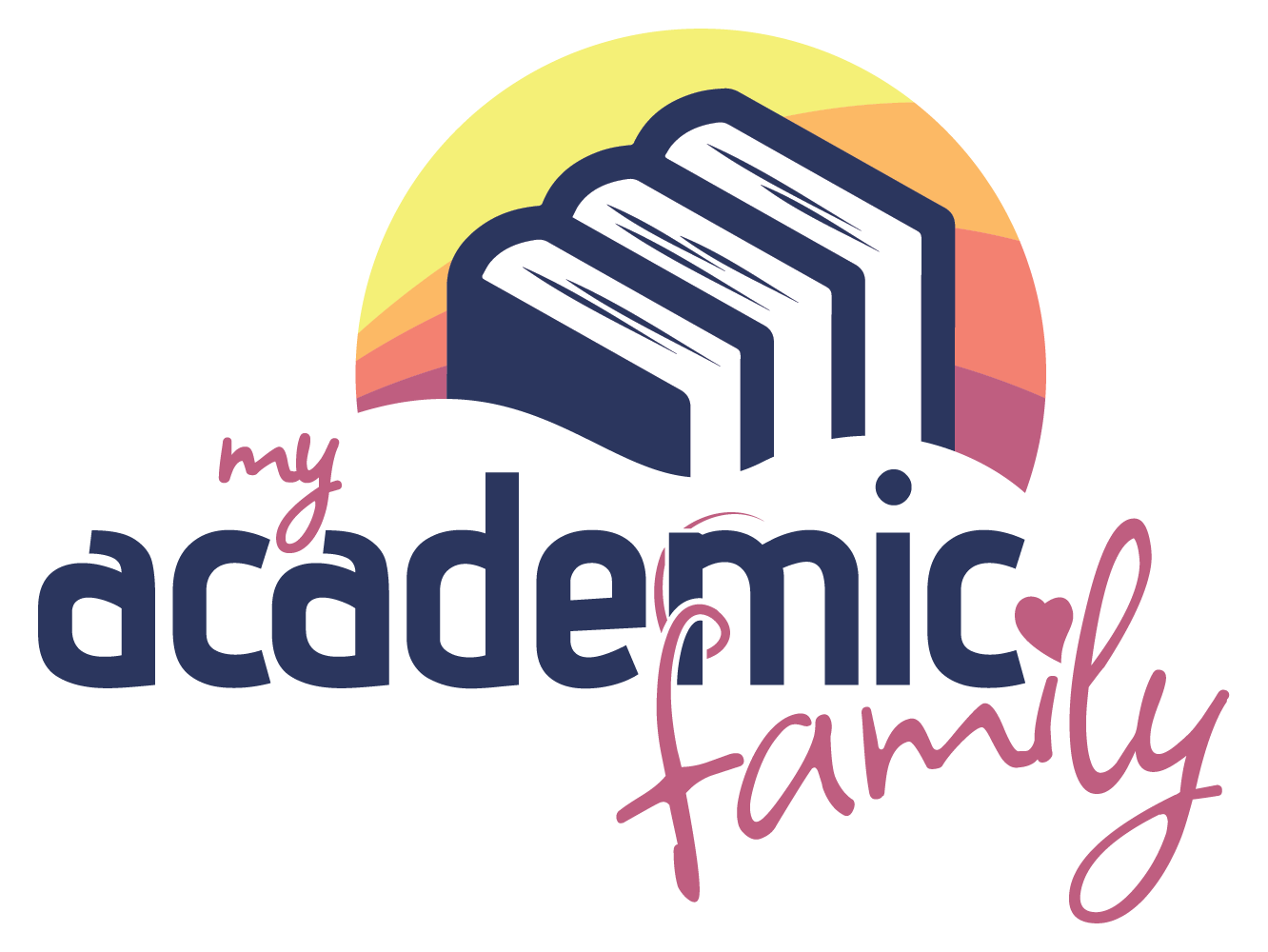Getting Involved in Student-Led Academic Publications
My father once told me that only 50% of the important things I’ll learn in life will be ‘in the classroom’. This applies to university as much as to primary and secondary school or other formal training environments. As a university student, there are many opportunities to take advantage of that can help you learn and grow as a student as well as a human being. One of these opportunities is in participating in student-led academic publications.
Writing for publication
Writing something for publication is perhaps the most obvious way of getting involved in student-led publications. Doing so is an excellent opportunity to share your ideas, your research findings, and your opinions with a wider audience. It can help you dig deeper into topics you’re passionate about and allows you to develop your writing skills in the process. Some student-led academic journals prefer you to submit pieces you have written for classes, while others are more open to personal research that you have undertaken on your own.
When considering writing for publication, it's essential to choose a topic that interests you and aligns with the focus of the publication. Conduct thorough research to ensure your work is well-informed and contributes meaningfully to the academic discourse. Be prepared to revise and refine your writing based on feedback from editors and peer reviewers. Ultimately, seeing your name in print and knowing that your work is contributing to the academic community can be incredibly gratifying.
Copyediting as an alternative
Copyediting is a lighter-touch means of participating in the publication process as it requires less time than other parts of the process and you can do it even if you aren’t a specialist in the content of the material you are asked to copyedit. Copyediting plays a crucial role in the publication process, ensuring that articles are free from errors and adhere to the publication's style guidelines. As a copyeditor, you'll review articles for grammar, punctuation, spelling, and consistency, making necessary corrections and suggestions for improvement. This role requires a keen attention to detail and a strong grasp of language mechanics.
Participating in copyediting not only helps maintain the quality of the publication but also provides valuable experience in proofreading and editing. It allows you to develop skills that are transferable to various professional settings, such as attention to detail, time management, and communication. Additionally, working closely with authors and editors can provide insights into the publishing process and foster collaboration within the academic community.
Serving as a Peer Reviewer
Peer Reviewing is the next level of involvement, as it arguably takes more time than copy-editing and you need to be sufficiently familiar with the material you have been asked to review to be able to comment on the argument itself and the sources used. Peer reviewing is a fundamental aspect of academic publishing, ensuring the quality and validity of research before it is disseminated to the wider community. As a peer reviewer, you'll critically evaluate submissions from other students, providing feedback on their methodology, analysis, and conclusions. Your insights help editors make informed decisions about which articles to accept, reject, or revise.
Peer reviewing offers numerous benefits for both reviewers and authors. For reviewers, it provides an opportunity to engage with cutting-edge research in their field, develop their critical thinking skills, and contribute to the advancement of knowledge. For authors, peer feedback helps strengthen their work, identify areas for improvement, and increase the likelihood of publication. By participating in peer reviewing, you become an active participant in the scholarly conversation, shaping the direction of research in your discipline.
Joining an Editorial Board
Joining the editorial board is the biggest role you can undertake in student-led academic publishing. Being on the board of a student-led academic publication is a leadership role that involves overseeing the publication process from start to finish. Editorial board members are responsible for soliciting submissions, managing peer review, making editorial decisions, and coordinating with authors, reviewers, fellow editors, and perhaps even designing the cover of the publication. This role requires strong organizational and communication skills, as well as a commitment to upholding the publication's standards of quality and integrity.
Being part of the editorial board offers valuable experience in project management, teamwork, and decision-making. It allows you to work closely with faculty advisors and fellow students, build professional networks, and gain insights into the inner workings of academic publishing. Serving on the editorial board can also enhance your CV and demonstrate your commitment to scholarly excellence.
In Conclusion…
Participating in student-led academic publishing offers a range of opportunities for university students to engage with their academic interests, develop their skills, and contribute to the scholarly community. Whether you choose to write for publication, participate in copyediting or peer reviewing, or join the editorial board, each role plays a vital part in the publication process. By getting involved in student publications, you not only enhance your academic and professional development but also make meaningful contributions to the advancement of knowledge in your field.





